Delegate Nguyen Thanh Hai pointed out that in reality, many products today are difficult to distinguish between real and AI-generated, so it is necessary to label AI-generated products.
This is one of the contents raised by Chairman of the Committee on Science , Technology and Environment Nguyen Thanh Hai in the group discussion session on the morning of November 21, on the draft Law on Artificial Intelligence.
Submitted to the National Assembly this morning, the draft law stipulates that content created or edited by AI systems that contains fake elements, simulates real people, real events, and is likely to cause viewers, listeners, or readers to misunderstand that it is real; content created by AI for the purpose of communication, advertising, propaganda, or providing public information must be labeled.
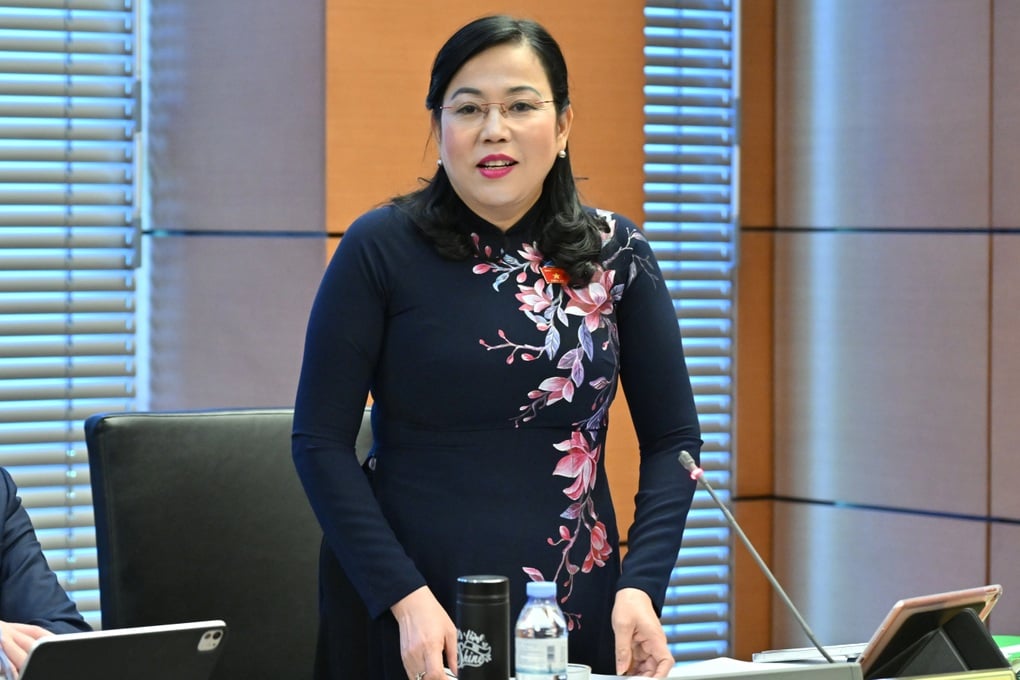
Deputy Chairman of the Committee for Science, Technology and Environment Nguyen Thanh Hai (Photo: Hong Phong).
Commenting that this is a very new draft law, Chairman of the Committee for Science, Technology and Environment Nguyen Thanh Hai said that in the world , many countries have developed in this field but do not have laws, but only promulgate an ethical framework before making laws.
Ms. Hai believes that the law will have a strong impact on all areas of life, so the viewpoint of law making is to balance management and promoting creativity.
“If management is strong, initial ideas about AI will be constrained, but if not tightly managed, it will cause great risks, even affecting safety and security,” Ms. Hai emphasized.
She believes that the development speed of AI is very fast, with unpredictable factors, so even though this is a framework law, it is likely that it will continue to need to be amended and supplemented in a short time.
Giving specific comments regarding labeling AI products, Ms. Hai shared the reality of “listening to singers sing many good songs but not knowing if they are real or AI”. She suggested that products created by AI should be labeled.
The Chairman of the Committee on Science, Technology and Environment was also concerned that the draft law does not have a chapter regulating the impact of AI on culture, society and scientific research.
“Currently, scientists are using AI in scientific research, touching on issues that humans cannot touch, so what about copyright and how to share data?”, Ms. Hai raised the question.
She also pointed out the fact that many students use AI during their exams, and cited the story in China, where major exams will cut off all virtual assistants and not allow students to use them during the exam.
“There needs to be a chapter on using AI in scientific research and teaching, because these are very new issues,” said Ms. Hai.
According to the comments of the Chairman of the Committee on Science, Technology and Environment, the draft law also needs to clearly state prohibited acts, such as using AI to cause disturbances, incite, manipulate votes and elections, create fraudulent images and video clips, etc.
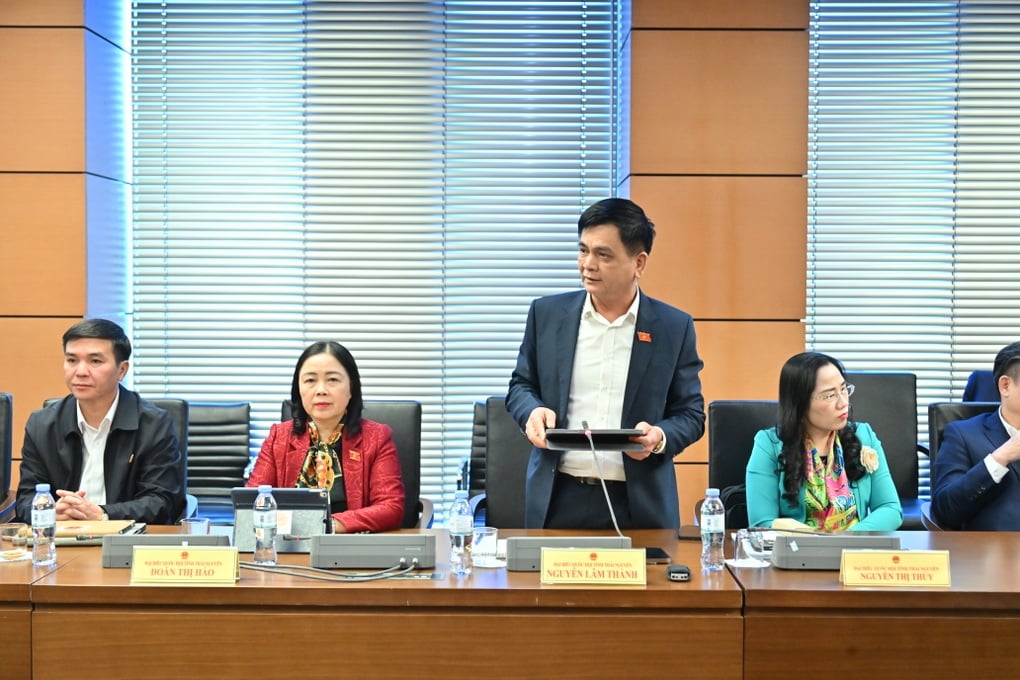
National Assembly Delegate Nguyen Lam Thanh (Photo: Hong Phong).
Delegate Nguyen Lam Thanh (Thai Nguyen) also said that it is necessary to clarify the application of AI in healthcare, transportation, finance, especially financial control and market analysis.
Or in education, Mr. Thanh said that in reality, students use AI to do homework and theses, and schools have to deal with it by requiring students to come for interviews and re-test their cognitive level in addition to submitting assignments.
The law must approach the application issues in various fields, not just general regulations in principle, according to Mr. Thanh.
Meanwhile, delegate Dong Ngoc Ba (Gia Lai) said that countries around the world are still very cautious in setting regulations in this field.
The draft law stipulates four levels of risk in the development of artificial intelligence, but Mr. Ba proposed dividing it into three levels: low risk, medium risk and high risk. In particular, the level of "unacceptable risk" should be considered a ban.
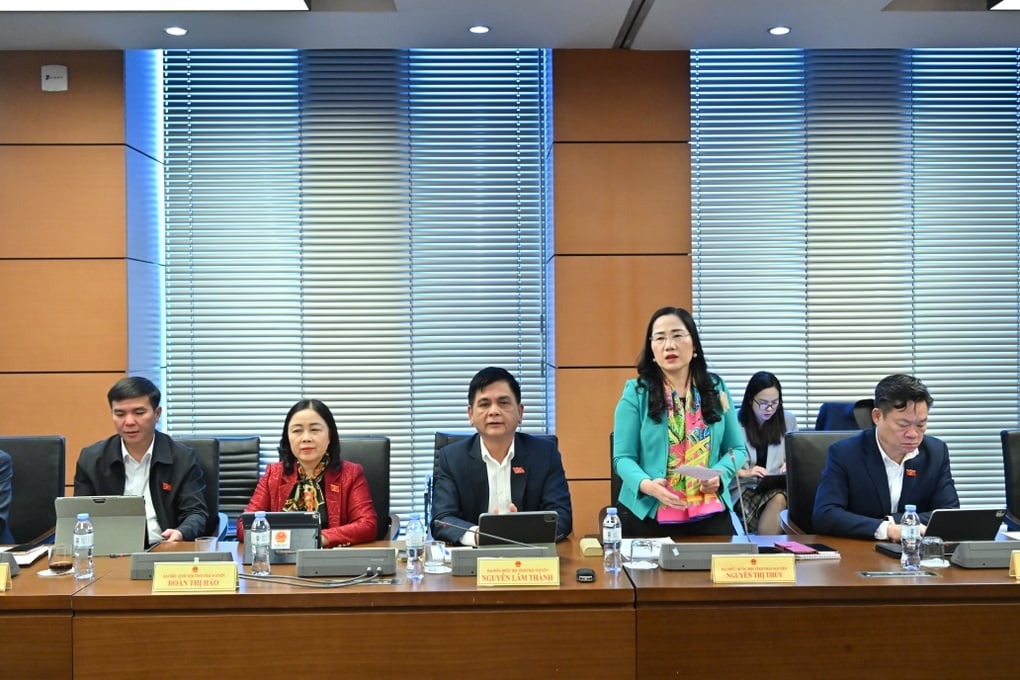
Vice Chairwoman of the Committee on Law and Justice Nguyen Thi Thuy (Photo: Hong Phong).
Vice Chairwoman of the Law and Justice Committee Nguyen Thi Thuy agreed with this view. According to her, with unacceptable risk levels, it should be banned, not classified. Therefore, the draft law should only stipulate 3 risk levels: high - medium - low.
Ms. Thuy also expressed the opinion that "this law may have to change soon" because the world is constantly changing with the development of artificial intelligence.
Source: https://dantri.com.vn/thoi-su/nghe-ca-si-hat-khong-biet-that-hay-ai-can-gan-nhan-san-pham-do-ai-tao-ra-20251121112707555.htm


![[Photo] National Assembly Chairman Tran Thanh Man holds talks with President of the Senate of the Czech Republic Milos Vystrcil](/_next/image?url=https%3A%2F%2Fvphoto.vietnam.vn%2Fthumb%2F1200x675%2Fvietnam%2Fresource%2FIMAGE%2F2025%2F11%2F21%2F1763715853195_ndo_br_bnd-6440-jpg.webp&w=3840&q=75)
![[Photo] Visit Hung Yen to admire the "wooden masterpiece" pagoda in the heart of the Northern Delta](/_next/image?url=https%3A%2F%2Fvphoto.vietnam.vn%2Fthumb%2F1200x675%2Fvietnam%2Fresource%2FIMAGE%2F2025%2F11%2F21%2F1763716446000_a1-bnd-8471-1769-jpg.webp&w=3840&q=75)


![[Photo] General Secretary To Lam receives President of the Senate of the Czech Republic Milos Vystrcil](/_next/image?url=https%3A%2F%2Fvphoto.vietnam.vn%2Fthumb%2F1200x675%2Fvietnam%2Fresource%2FIMAGE%2F2025%2F11%2F21%2F1763723946294_ndo_br_1-8401-jpg.webp&w=3840&q=75)
![[Photo] President Luong Cuong receives Speaker of the Korean National Assembly Woo Won Shik](/_next/image?url=https%3A%2F%2Fvphoto.vietnam.vn%2Fthumb%2F1200x675%2Fvietnam%2Fresource%2FIMAGE%2F2025%2F11%2F21%2F1763720046458_ndo_br_1-jpg.webp&w=3840&q=75)
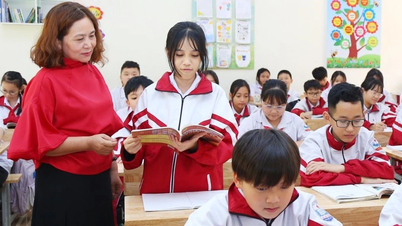

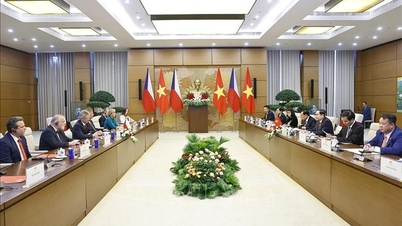

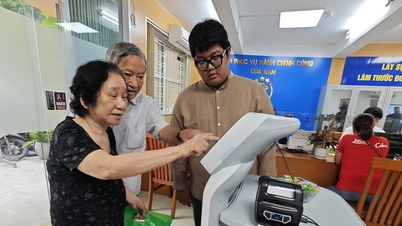

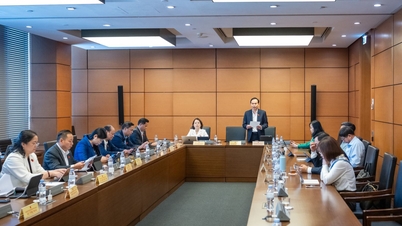

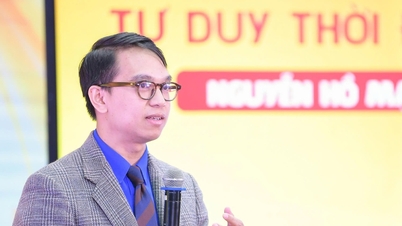

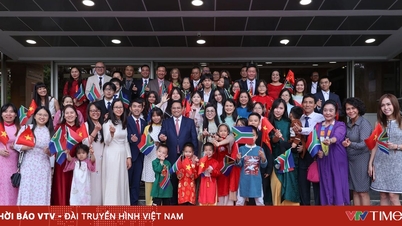

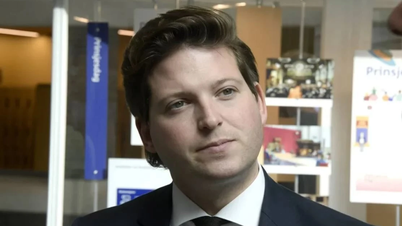




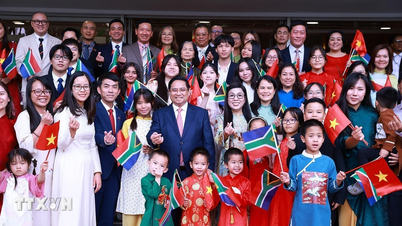







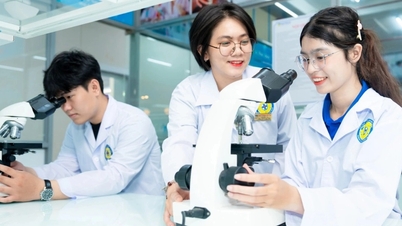


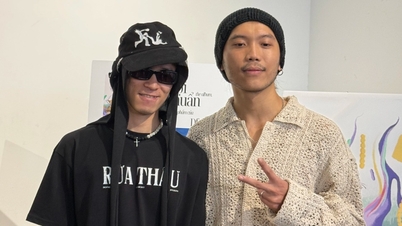
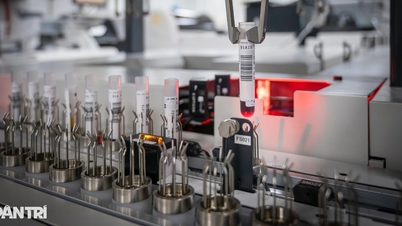











































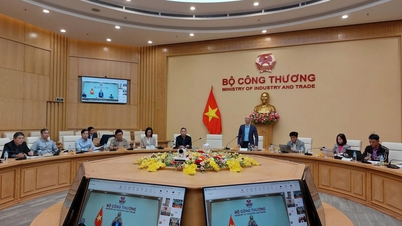

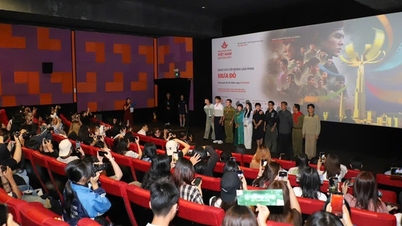



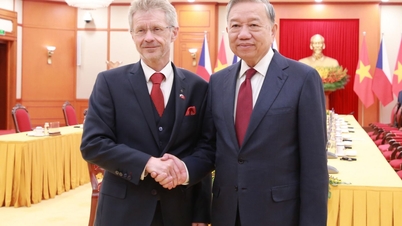

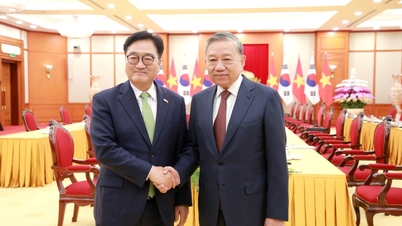


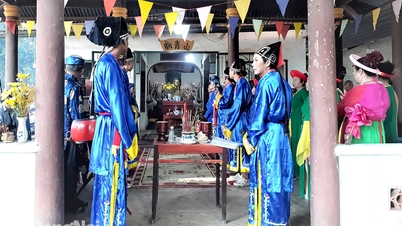


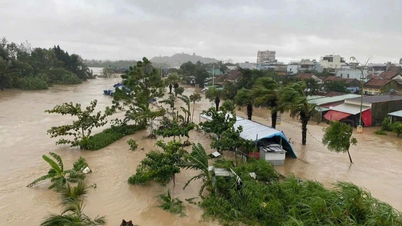

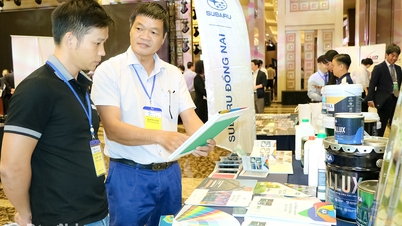













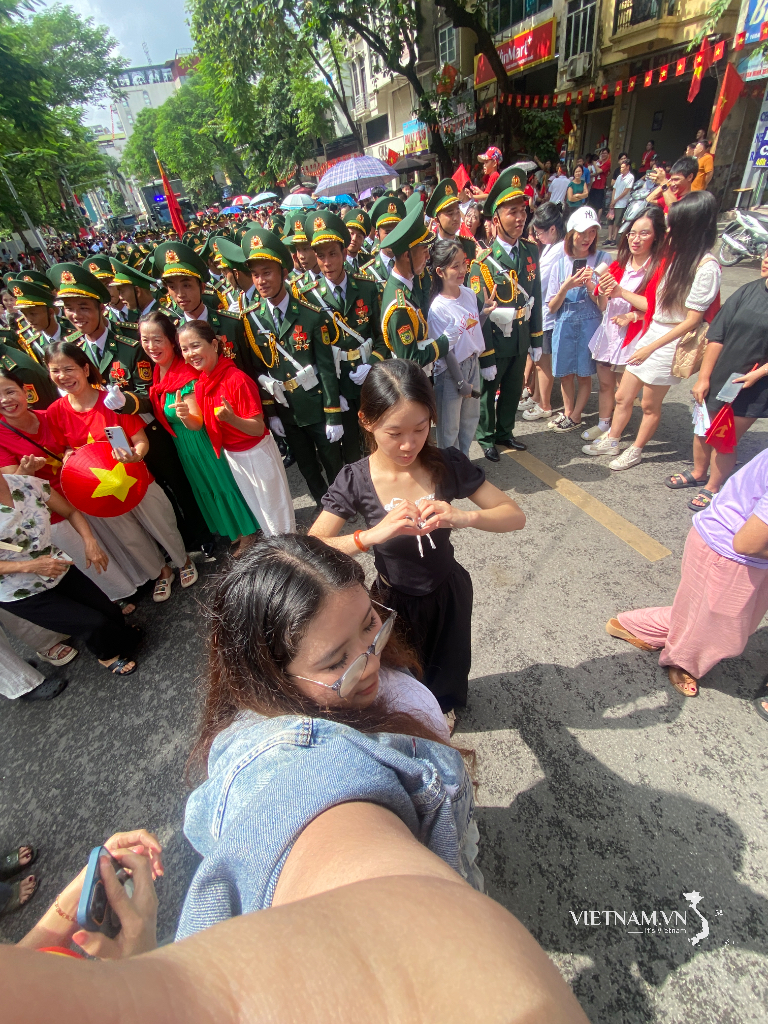

Comment (0)